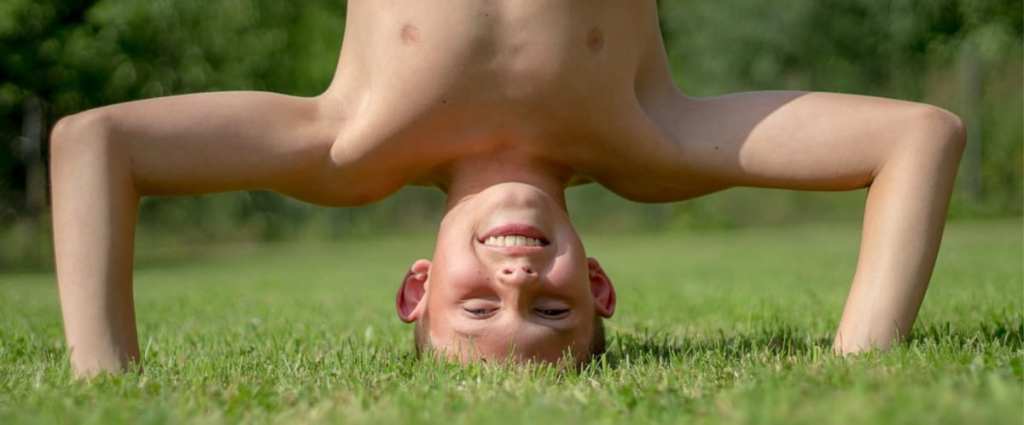Everyone gets hiccups, and even though they can be annoying (and occasionally painful), they’re typically harmless.
What’s weird about them is that after all of this time no one is 100% sure exactly how or why we get them or how to effectively stop them once they start.
That said, they’re not a complete mystery.
Scientists do know that hiccups are an involuntary contraction of the diaphragm followed by our vocal chords snapping shut, which produces the sound that earned them their name. Hiccups are often caused by drinking or eating too fast, swallowing air, or laughing for an extended period of time.

Image Credit: Pixabay
Curing them is a bit more difficult, and the science in that area is a bit more fuzzy. If you do have persistent hiccups that are causing discomfort, doctors suggest deep breathing exercises or even a nerve simulator that sends electricity straight toward your brain.
They also suggest a “digital rectal massage,” but I’m thinking those hiccups would have to get pretty serious before I would really consider that option.

Image Credit: Pixabay
The reason that cures are elusive probably stems from the fact that even though we know how hiccups occur, doctors don’t really understand why. The evolutionary purpose of such a thing remains a mystery, and without a root understanding, eliminating them will continue to prove difficult.
Theories range from the idea that hiccups were meant to protect gestating fetuses from inhaling amniotic fluid to the thought that they could be a holdover from amphibian ancestors who had both lungs and gills – modern amphibians essentially “hiccup” to breathe through their gills without allowing air into their lungs.
So…maybe?
Another theory disagrees, stating that only mammals get actual hiccups, so perhaps they were meant to ensure that babies would be able to nurse and breathe at the same time – milk drinking mammals all seem to hiccup, and some think it’s a way for babies to effectively expel air from their stomachs after a feeding.

Image Credit: Pixabay
We may never know, so until then, take comfort in the fact that even though a bad case of the hiccups could, in rare cases, mean there’s something seriously wrong, for the most part, you’re going to be fine. Eventually.
Until then, you’ll just have to wait it out.







